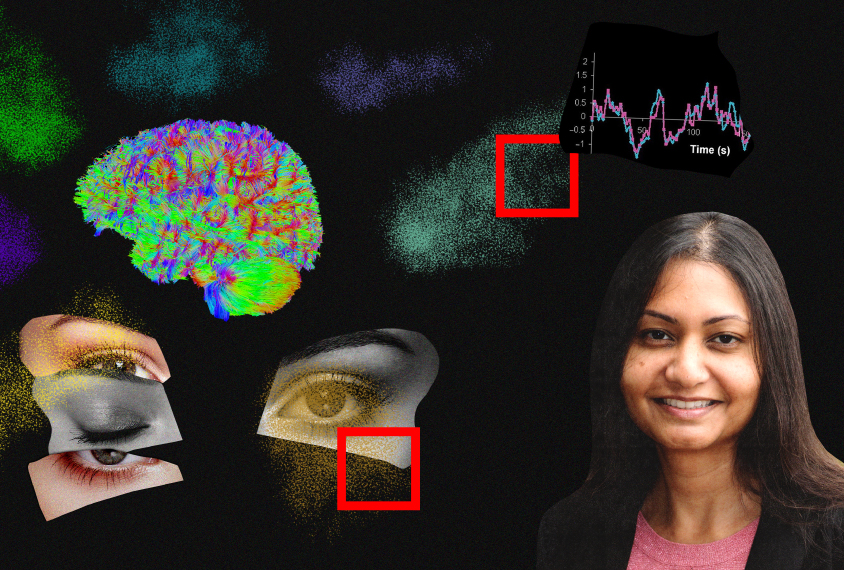Lucina Q. Uddin is professor of psychiatry and biobehavioral sciences at the University of California, Los Angeles. Her research uses tools from network neuroscience to study typical and atypical cognitive and brain development.
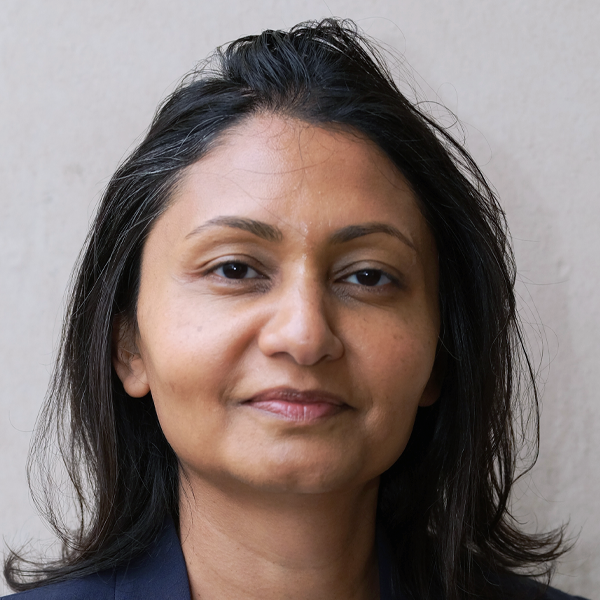
Lucina Q. Uddin
Director, Brain Connectivity and Cognition Laboratory, University of California, Los Angeles
Contributing editor, The Transmitter
From this contributor
International scientific collaboration is more necessary—yet more challenging—than ever
These partnerships accelerate neuroscience by enabling researchers to share resources and expertise, as well as generate more relevant and reproducible results. But new federal funding restrictions in the United States are putting such collaborations in jeopardy.
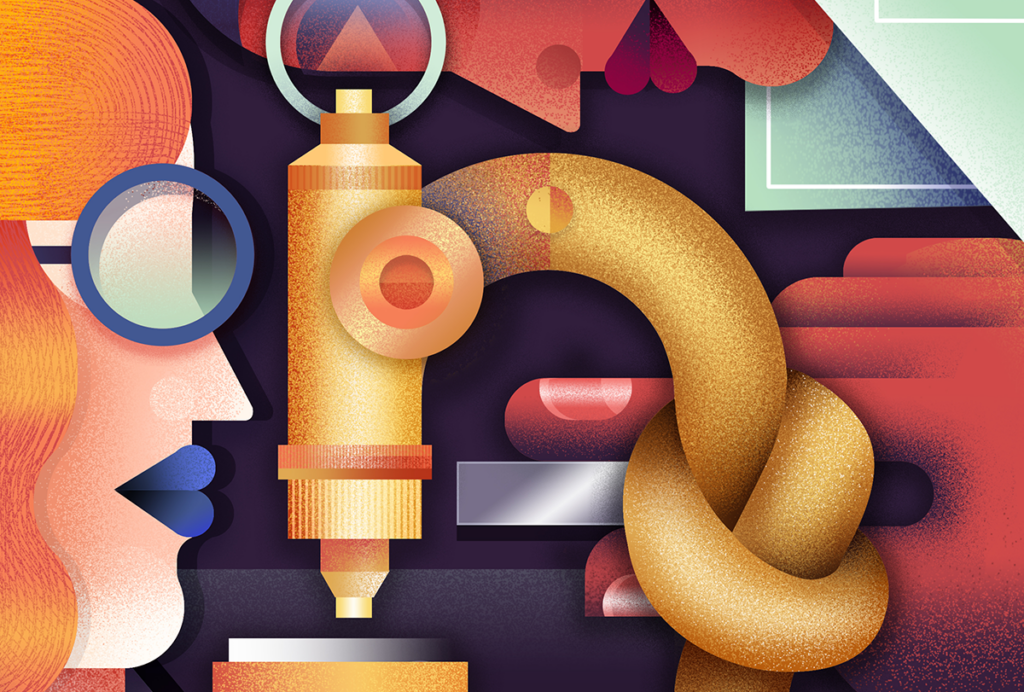
International scientific collaboration is more necessary—yet more challenging—than ever
Name this network: Addressing huge inconsistencies across studies
Entrenched practices have stymied efforts to build a universal taxonomy of functional brain networks. But a new tool to standardize brain-imaging findings could bring us a step closer.
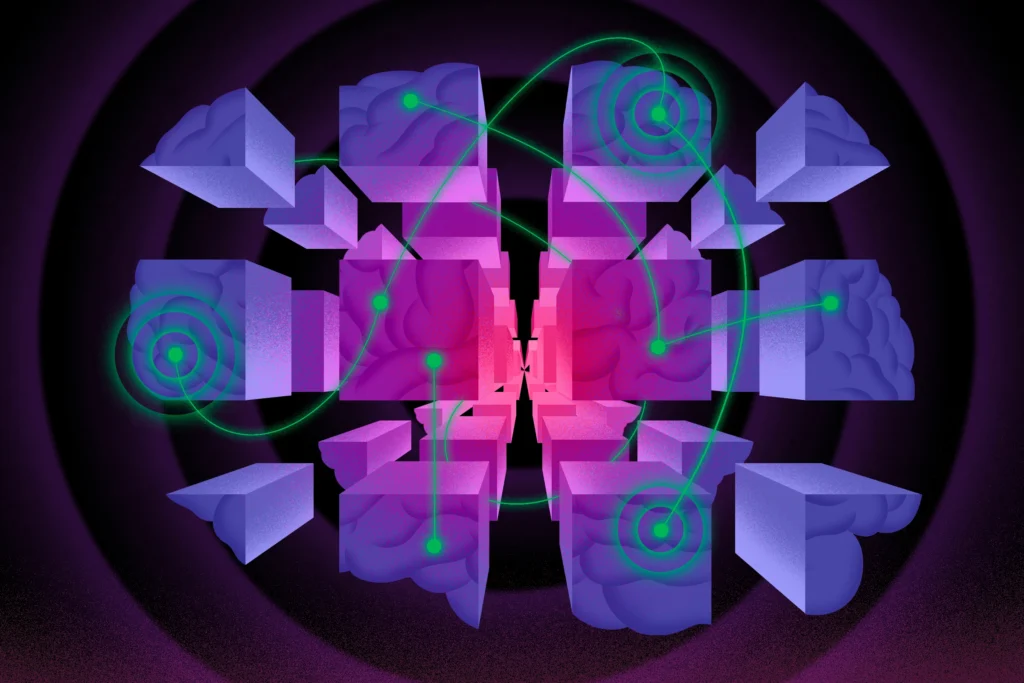
Name this network: Addressing huge inconsistencies across studies
Rethinking ‘noise’ in autism research
Lucina Uddin says researchers should be cautious when analyzing their findings, because 'noisy' data may actually hold important information about brain functioning.
Peer review of methods before study’s onset may benefit science
'Registered reports' — a type of paper in which experimental protocols are reviewed before the study begins — may make neuroscience studies more rigorous and reproducible.
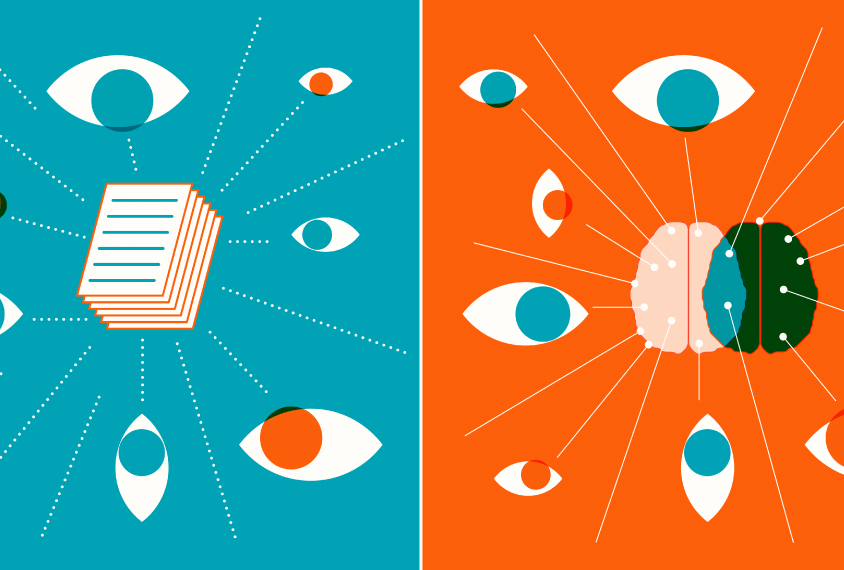
Peer review of methods before study’s onset may benefit science
Explore more from The Transmitter
Grace Hwang and Joe Monaco discuss the future of NeuroAI
Hwang and Monaco organized a recent workshop to hear from leaders in the field about how best to integrate NeuroAI research into the BRAIN Initiative.
Grace Hwang and Joe Monaco discuss the future of NeuroAI
Hwang and Monaco organized a recent workshop to hear from leaders in the field about how best to integrate NeuroAI research into the BRAIN Initiative.
Hessameddin Akhlaghpour outlines how RNA may implement universal computation
Could the brain’s computational abilities extend beyond neural networks to molecular mechanisms? Akhlaghpour describes how natural universal computation may have evolved via RNA mechanisms.
Hessameddin Akhlaghpour outlines how RNA may implement universal computation
Could the brain’s computational abilities extend beyond neural networks to molecular mechanisms? Akhlaghpour describes how natural universal computation may have evolved via RNA mechanisms.
Imagining the ultimate systems neuroscience paper
A growing body of papers on systems neuroscience and on giant simulations of neural circuits involves data beyond the point that anyone can reasonably understand end to end. Looking ahead, “paper-bots” could solve that problem.
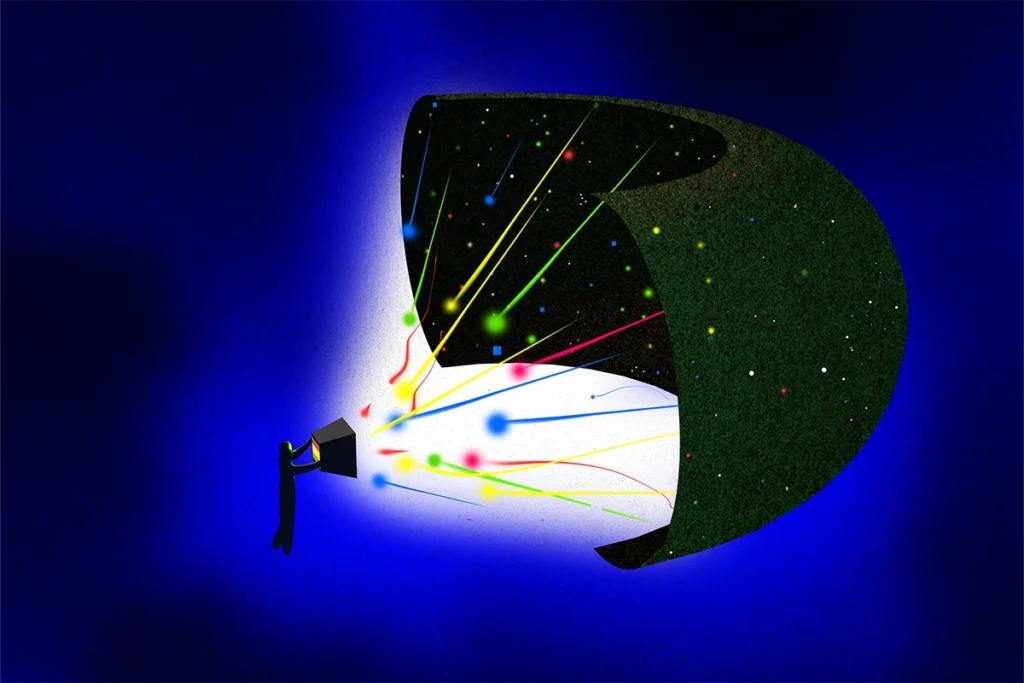
Imagining the ultimate systems neuroscience paper
A growing body of papers on systems neuroscience and on giant simulations of neural circuits involves data beyond the point that anyone can reasonably understand end to end. Looking ahead, “paper-bots” could solve that problem.
